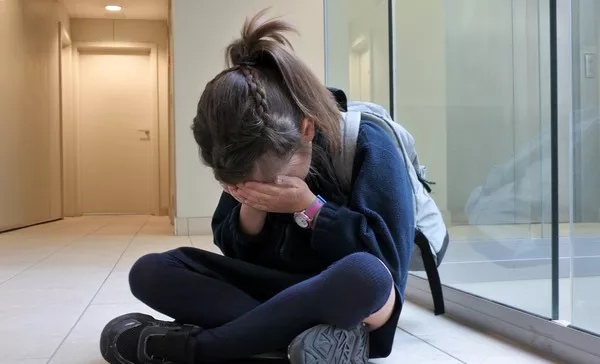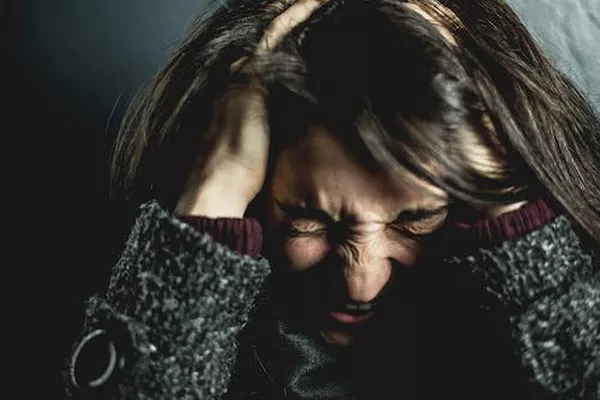In the aftermath of a tragic mass shooting that claimed the lives of 19 children and two educators in a Uvalde, Texas, elementary school, the mental health struggles of children have come to the forefront. Katherine Griffin-Erickson ’90, an elementary school psychologist in Austin, Texas, shares her experiences dealing with the harsh reality that American children face due to the prevalence of school shootings.
In a counseling session, a student asked Griffin-Erickson about safety plans and hiding spots, reflecting the pervasive fear among children about potential violence in schools. This fear has become a grim reality in the United States, with at least 389 school shootings documented since the infamous 1999 Columbine High School incident, as reported by the Washington Post’s school gun violence tracker.
The trauma inflicted by these incidents, from the Sandy Hook Elementary tragedy in 2012 to the Marjory Stoneman Douglas High School shooting in 2018, has left a lasting impact on the mental health of children and educators. Griffin-Erickson emphasizes the burden children carry, grappling with anxiety and depression due to the constant threat of violence.
Active shooter training, increased security measures, and locked doors have become commonplace in schools, contributing to a sense of unease among students. Griffin-Erickson notes that these factors, coupled with family stress, technology exposure, and the isolation brought on by the pandemic, have led to a significant increase in anxiety and depression among the children she works with, especially those living in poverty.
As a school psychologist, Griffin-Erickson’s role extends beyond counseling. She conducts special education evaluations, assists in creating behavior intervention plans for teachers, and collaborates with parents. However, she highlights the challenges faced by parents, many of whom juggle multiple jobs and may have their own mental health struggles, making active involvement in their children’s education difficult.
While Griffin-Erickson appreciates the growing awareness surrounding children’s mental health, she expresses concern about the insufficient funding for school psychologists and public education in Texas and various parts of the country. Despite the intrinsic American value of providing education to all children, the lack of adequate resources hampers the effective addressing of mental health issues in schools.
“Educating all children is a very American value,” she states. “But we’re not being given the resources to adequately do that.”





























